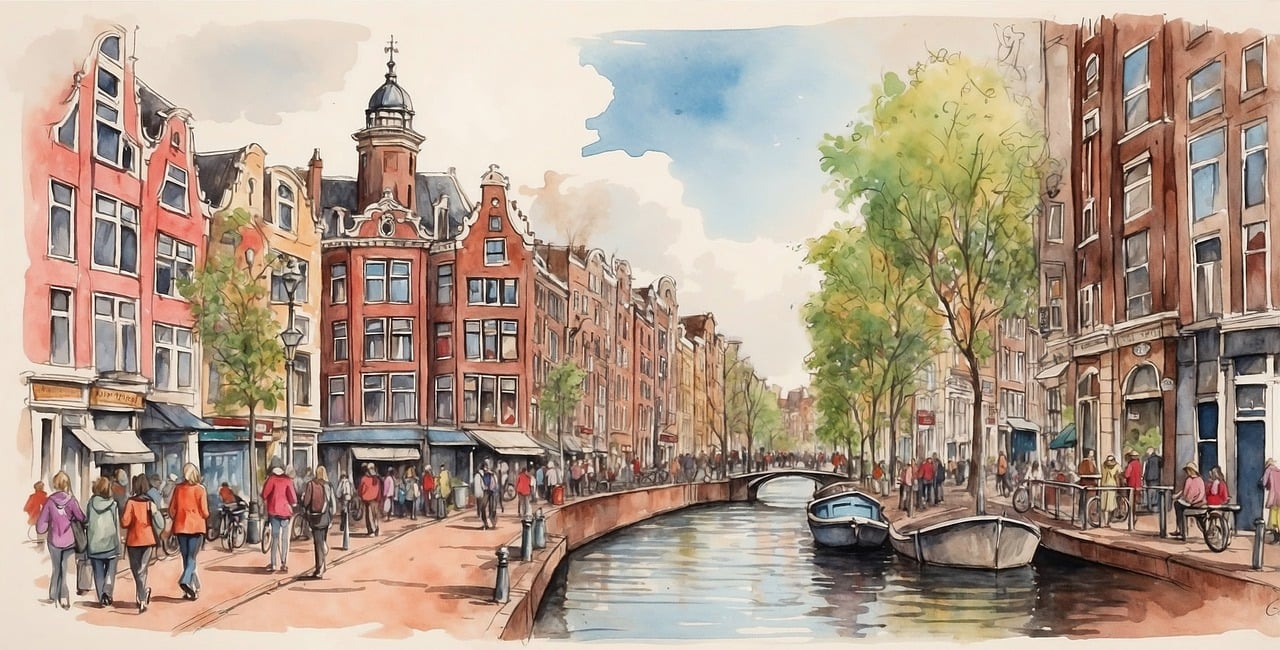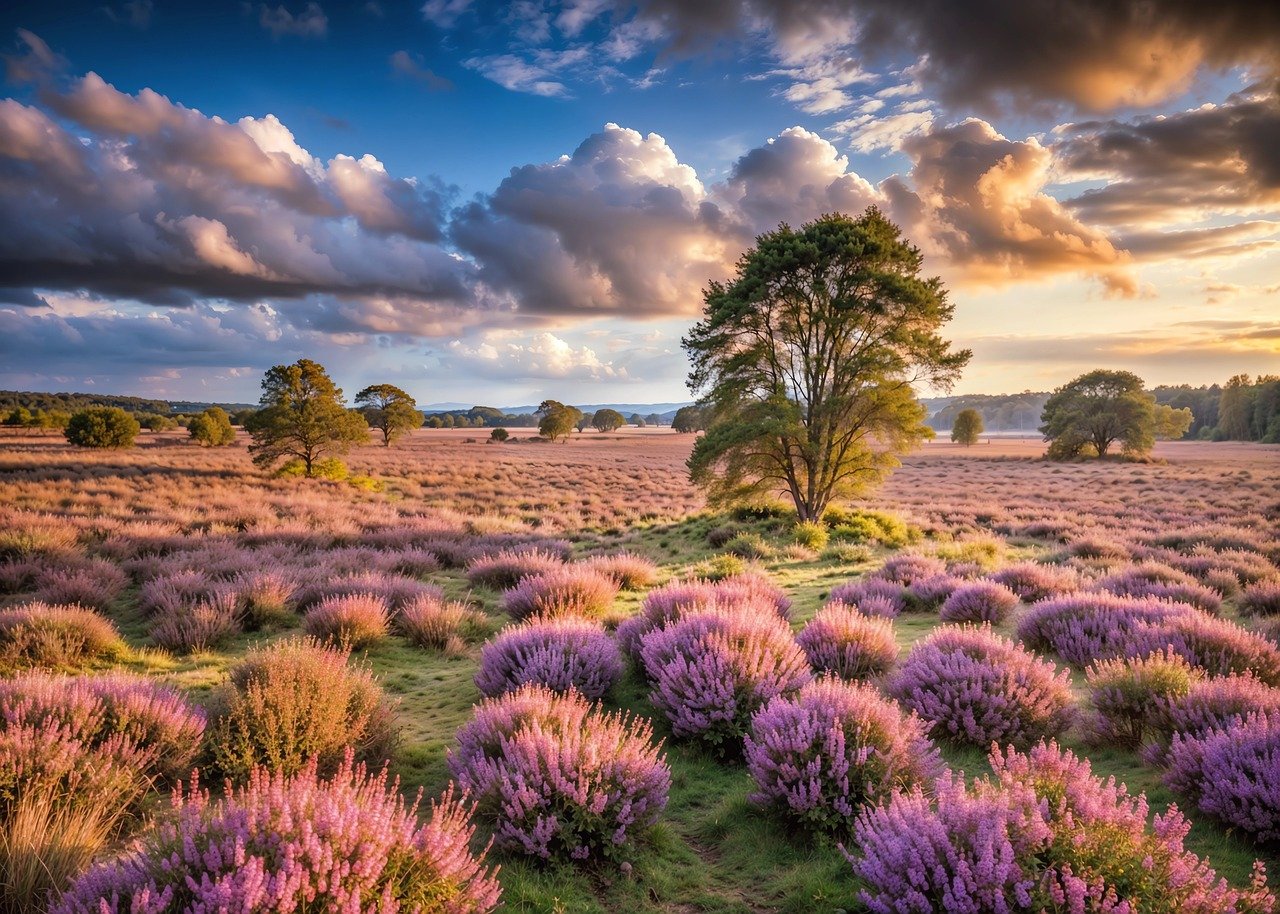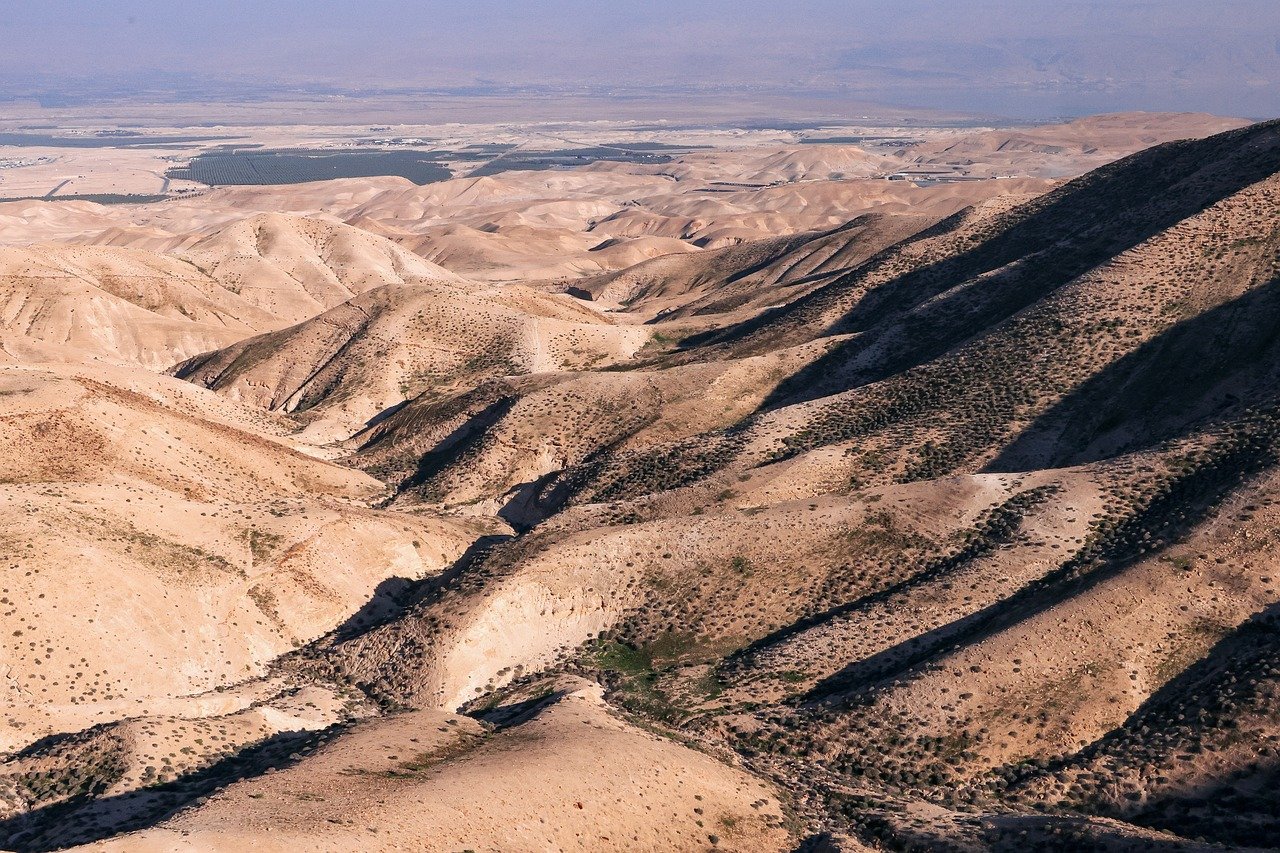Brazil’s Eco-Lodges: Embracing Sustainable Tourism in the Heart of the Amazon Rainforest
The Amazon Rainforest, often referred to as the “lungs of the Earth,” is a breathtaking ecosystem teeming with unparalleled biodiversity and natural beauty. It is a place where nature’s wonders unfold at every turn, and for those seeking an authentic and sustainable travel experience, Brazil’s eco-lodges offer a unique opportunity to explore this enchanting realm responsibly. In this article, we delve into the world of eco-lodges in the Amazon, exploring their sustainable practices, the immersive experiences they offer, and their role in conservation efforts.
The Rise of Eco-Lodges in Brazil
In recent years, the demand for sustainable tourism options has surged, driven by environmentally conscious travelers eager to minimize their ecological footprint. Eco-lodges have emerged as a compelling solution, blending luxury with sustainability. Situated in remote corners of the Amazon Rainforest, these lodges provide not only a comfortable stay but also a chance to connect with nature in a meaningful way.
Eco-lodges prioritize sustainability by implementing eco-friendly practices in their operations. Many of these lodges are built using locally sourced materials, ensuring minimal disruption to the surrounding environment. Furthermore, they often operate on renewable energy sources such as solar power, reducing their reliance on fossil fuels.
Immersive Experiences in the Heart of the Amazon
Staying at an eco-lodge in the Amazon is more than just a vacation; it’s an opportunity to immerse oneself in the natural and cultural wonders of the rainforest. Guided tours led by knowledgeable local guides take visitors deep into the jungle, where they can witness the incredible diversity of flora and fauna that call this place home.

Activities such as bird watching, canoeing through winding rivers, and nocturnal wildlife excursions offer a firsthand experience of the Amazon’s rich biodiversity. Guests can also engage with local indigenous communities, learning about their traditional practices and gaining insights into the symbiotic relationship between humans and nature.
The Role of Eco-Lodges in Conservation
Eco-lodges play a crucial role in conservation efforts within the Amazon Rainforest. By promoting sustainable tourism, they contribute to the preservation of this vital ecosystem. A portion of the revenue generated by eco-lodges is often reinvested into conservation initiatives, supporting projects that protect endangered species and restore damaged habitats.
Moreover, these lodges raise awareness among travelers about the importance of conservation. Through educational programs and interactions with local communities, guests gain a deeper understanding of the challenges facing the Amazon and are inspired to become advocates for its protection.
Examples of Renowned Eco-Lodges in the Amazon
Several eco-lodges in Brazil have gained recognition for their commitment to sustainability and exceptional guest experiences:
- Juma Amazon Lodge: Nestled in the heart of the Amazon, Juma Amazon Lodge is an exemplary model of sustainable tourism. Accessible only by boat, this lodge is constructed entirely from reclaimed wood and operates on solar energy. Guests can explore the surrounding rainforest through guided hikes and boat tours.
- Anavilhanas Jungle Lodge: Situated within the Anavilhanas Archipelago, this eco-lodge offers a luxurious yet eco-conscious experience. Guests can embark on excursions to see pink dolphins, visit indigenous communities, and enjoy the serene beauty of the Rio Negro.
- Uacari Lodge: Located in the Mamirauá Reserve, Uacari Lodge is a community-based eco-lodge that focuses on wildlife conservation. Visitors have the chance to spot rare species such as the uakari monkey and participate in research projects.

Sustainable Practices at Eco-Lodges
The commitment to sustainability goes beyond the physical infrastructure of eco-lodges. These establishments often implement a range of practices to minimize their environmental impact. Water conservation measures, waste reduction initiatives, and the use of biodegradable products are common strategies employed by eco-lodges.
Many lodges also prioritize sourcing food locally, supporting nearby communities and reducing the carbon footprint associated with transporting goods. By offering locally inspired cuisine, guests can savor the flavors of the Amazon while knowing that their meal choices contribute to the region’s economic sustainability.
Challenges and Future Prospects
While eco-lodges have made significant strides in promoting sustainable tourism, they face several challenges. The remote locations of these lodges can pose logistical difficulties, and maintaining a balance between providing a comfortable guest experience and preserving the surrounding environment is an ongoing challenge.
Despite these challenges, the future of eco-lodges in the Amazon appears promising. As awareness of environmental issues continues to grow, more travelers are seeking out sustainable options. This increased demand is likely to drive further innovation in eco-lodge practices and encourage more traditional hotels to adopt eco-friendly initiatives.
Takeaways
Brazil’s eco-lodges in the Amazon Rainforest embody the spirit of sustainable tourism, offering travelers a chance to explore one of the world’s most extraordinary ecosystems while minimizing their environmental impact. These lodges provide not only a gateway to adventure but also a platform for education and conservation. By choosing to stay at an eco-lodge, travelers contribute to the preservation of the Amazon and support the livelihoods of local communities.

As the movement towards sustainable travel continues to gain momentum, the role of eco-lodges in the Amazon will undoubtedly grow, ensuring that future generations can experience the breathtaking beauty of this natural wonder. For those seeking an unforgettable journey into the heart of the rainforest, Brazil’s eco-lodges offer an experience that is both enriching and transformative.
For more about the conservation efforts in the Amazon and how you can contribute, explore resources provided by leading environmental organizations. Engaging with these initiatives helps safeguard the future of the rainforest and its inhabitants.
How to Choose the Right Eco-Lodge
When planning a trip to the Amazon Rainforest, selecting the right eco-lodge can significantly enhance your experience. Here are some factors to consider:
- Environmental Commitment: Research the lodge’s sustainability practices. Look for certifications or partnerships with reputable environmental organizations, which indicate a genuine commitment to eco-friendly operations.
- Community Engagement: Choose lodges that actively support and involve local communities. This engagement not only enriches your experience but also contributes to the economic and social well-being of the region.
- Location and Accessibility: Consider how remote the lodge is and how accessible it is from major transport hubs. Some lodges require extensive travel, but the journey often rewards you with unparalleled seclusion and natural beauty.
- Guest Reviews: Read reviews from past guests to gain insights into their experiences. Look for comments on the quality of guides, the authenticity of the activities offered, and the overall level of service.
Preparing for Your Eco-Lodge Adventure

To make the most of your eco-lodge stay, preparation is key. Here are some tips to ensure a smooth and enjoyable journey:
- Pack Wisely: Bring lightweight, breathable clothing suitable for the humid rainforest climate. Don’t forget essentials like insect repellent, sunscreen, and a reusable water bottle to reduce plastic waste.
- Respect Wildlife: Remember that you are a guest in the home of countless species. Maintain a safe distance from animals, avoid feeding wildlife, and follow the guidance of your tour leaders.
- Stay Informed: Educate yourself about the Amazon’s ecosystems and the challenges they face. National Geographic offers comprehensive resources on the Amazon, perfect for expanding your knowledge before your trip.
- Embrace the Experience: Be open to new experiences and cultures. Engage with local communities, try new foods, and participate in cultural activities to gain a deeper understanding of the region.
The Broader Impact of Eco-Tourism
The influence of eco-lodges extends beyond their immediate environment. As part of the broader eco-tourism movement, they play a pivotal role in reshaping how tourism interacts with the natural world. By promoting sustainable practices, eco-lodges help set new industry standards, encouraging more significant environmental responsibility across the globe.
Eco-tourism also fosters a deeper appreciation for conservation among travelers. By witnessing the delicate balance of ecosystems like the Amazon firsthand, visitors often develop a lasting commitment to environmental stewardship, advocating for sustainable practices in their communities.
Moreover, eco-tourism offers an economic alternative to destructive practices such as logging and mining. By providing sustainable livelihoods, it incentivizes the protection of natural resources, helping to preserve critical habitats for future generations.
The Road Ahead: Challenges and Opportunities

As eco-tourism continues to evolve, it faces both challenges and opportunities. One significant challenge is ensuring that the growth of eco-tourism doesn’t lead to over-tourism, which can strain resources and disrupt local communities. Eco-lodges must balance accommodating guests with maintaining the integrity of their natural surroundings.
On the opportunity front, advancements in technology present new avenues for eco-lodges to enhance sustainability. Innovations such as solar-powered desalination systems and biodegradable construction materials offer exciting prospects for reducing environmental impact.
Furthermore, the increasing global emphasis on sustainability provides a fertile ground for collaboration among eco-lodges, conservation organizations, and governments. By working together, these entities can create comprehensive strategies for preserving the Amazon and its unparalleled biodiversity.
For those interested in supporting sustainable travel initiatives, the United Nations World Tourism Organization offers valuable resources on sustainable tourism development and its role in achieving global environmental goals.
Final Thoughts
Brazil’s eco-lodges are much more than places to stay; they are gateways to a deeper understanding of the Amazon Rainforest and the urgent need for its preservation. By choosing to stay at an eco-lodge, travelers take an active role in supporting conservation efforts and promoting sustainable tourism practices.
As the world becomes increasingly interconnected, the choices we make have far-reaching impacts. By prioritizing sustainability in travel, we can protect our planet’s precious ecosystems and ensure that future generations can experience the wonders of the Amazon Rainforest. Embrace the opportunity to explore this incredible part of the world responsibly, and let your journey inspire a lifelong commitment to environmental stewardship.










